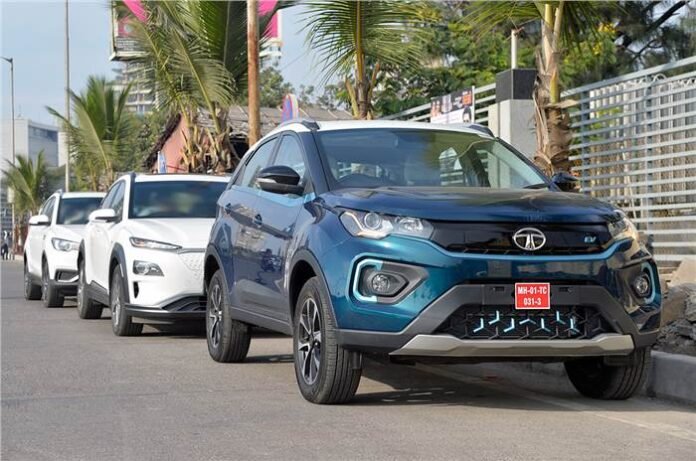The state of the global hybrid automotive market is peculiar. With their arsenal of electric vehicles, modern Chinese firms are vying for market share with historic German brands. Toyota is juggling all three of these strategies in addition to offering hybrid vehicles as a third choice. The perfect mix between your ICE and EV vehicles is a hybrid. Its powertrain is fueled by both petrol and electricity. These are not as expensive upfront as EVs, but they get far better mileage than ICE vehicles.
In contrast to EVs, which witnessed a fall of 0.2% with a total number of 27,242, hybrid electric vehicles (HEVs) saw a 38% gain, reaching 22,389 overall and a 2.1% market share. According to Jato Dynamics’ forecasts, plug-in hybrid sales will increase by 13% during the first quarter of the fiscal year. It appears that more people are choosing the option over the electric one.

Reasons to Use Hybrids
Similar circumstances exist in the global market, where hybrid cars are selling more than electric cars. The situation is particularly bad in the United States, where the car sales have been surpassing electric car sales for a few months. For instance, hybrid sales increased five times faster in February than EV sales, according to Morgan Stanley.
In the current situation, hybrids are preferable to electric vehicles for a number of reasons. They first provide a quick and effective way to switch from internal combustion engines (ICE) to electric cars. Since EV technology is still in its infancy, growth in EVs has been impeded by issues with dependability and cost. In this case, these cars are less expensive for consumers and produce less pollution than conventional internal combustion engines.
Second, these cars greatly increase fuel economy. They get 40–50% more fuel efficiency when operating in mixed, ICE-only, or electric-only modes. They don’t have particularly large running expenses either. Toyota has distinguished itself as the leader in automobiles thanks to its cutting-edge technology. One technology that may assist in lowering both the carbon footprint and dependency on fossil fuels is said to be hybrid electric vehicles (HEVs). In India, Toyota and Suzuki have worked together to introduce a number of cars, including the Camry, Innova Hycross, and Urban Cruiser Hyryder.
In addition, Hyundai and its affiliate Kia, which account for a sizeable portion of the Indian car market, have brought EVs to the country with the Kona, Ioniq 5, and Kia EV6. Hyundai had intended to concentrate entirely on electric vehicles, but new information indicates that it is now taking a different tack.


